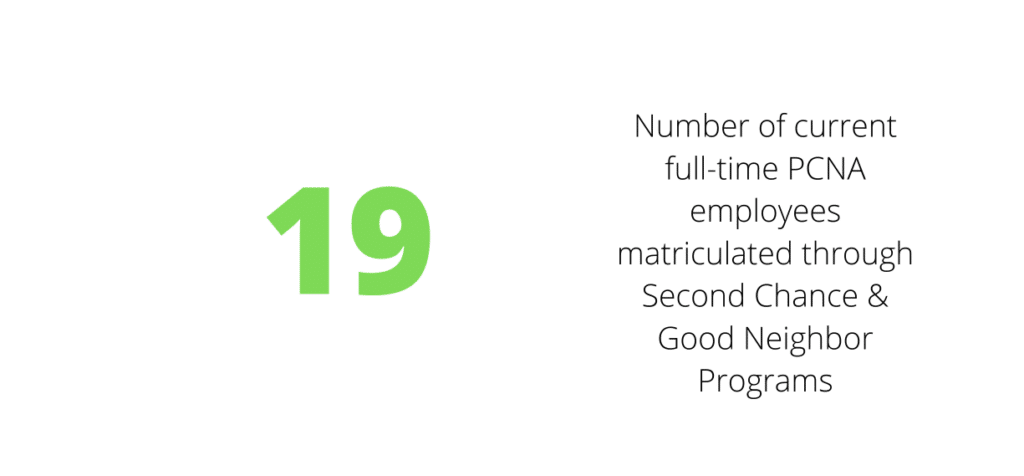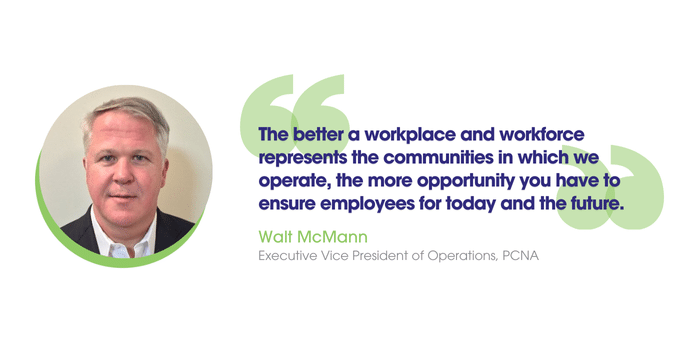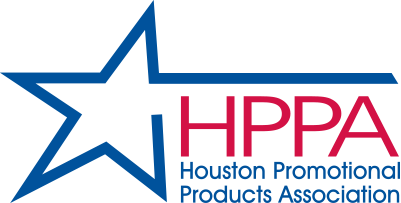PCNA does not have labor pool concerns, according to Walt McMann, executive vice president of operations of PPAI 100’s No. 3 supplier. In a landscape in which many companies claim to struggle to find talent, deliberately inclusive hiring practices have helped PCNA (PPAI 113079, Platinum) nurture its employees into a stable and growing workforce.
“We work hard to wholistically manage our workforce so that they can reach their individual potential and aspirations, balance work, family and interests and be fairly paid to market,” McMann says. “We appreciate diversity and offer a safe environment.”
That approach is both tested and validated by two specific programs that PCNA incorporates into its hiring practices.
- Through a partnership with the non-profit Hello Neighbor, PCNA hires refugees, primarily from Afghanistan, who are sometimes more than qualified in terms of education or experience but need opportunities or assistance overcoming language barriers.
- In a similar vein, PCNA’s Second Chance program hires workers with criminal backgrounds, many of them formerly incarcerated, and provides them with necessary training and living wages.
The results have been overwhelmingly positive as PCNA has managed to practice faith that its investment in people is a mutually beneficial prospect.
“It’s amazing that if you give people an opportunity, believe in and encourage, train and support – nearly to the person they will give you their best work and effort every day,” McMann says.
Whether refugees or second-chance workers, PCNA’s hiring managers have been rewarded for the opportunities they’ve extended.
“Many of these employees are top performers in their departments,” says McMann.

Good Neighbors Are Good Teammates
In late 2021 and early 2022, PCNA looked at the employment pools in its hiring geographic and realized a way to expand its hiring reach: refugees from Afghanistan, which at the time made up the largest demographic of refugees in the Pennsylvania area. This led to partnering with Hello Neighbor to structure a program designed to help these new community members assimilate to their new country while working jobs that could allow them to establish a footing in their new home.
- Having fled their country for reasons out of their control, many of these refugees hold advanced degrees back home, but they may not speak English.
- PCNA provides a company translator to all who Hello Neighbor employees, which includes one hour per week of English lessons in which the employees are paid for the session.
After just the first year of partnering with Hello Neighbor, PCNA employed 58% of the non-profit’s active clients.
- The supplier currently has 11 full-time employees who have matriculated through the Hello Neighbor program.
Often coming to the U.S. with no family or contacts and experiencing drastic culture shock, the refugees who come through the program are given training that goes beyond job functions and focuses on how to adapt to life in the U.S. and maintain dignified employment.
Refusing to fall into the politicization of their community neighbors, PCNA accepted the nature of the circumstances that many refugees from Afghanistan were in the Pennsylvania area desperate to improve their lives, and ultimately, contribute positively to their new surroundings.
“The better a workplace and workforce represents the communities in which we operate, the more opportunity you have to ensure employees for today and the future,” McMann says.

Second Chances And First Priorities
Every member of PCNA’s Second Chance Program has a criminal conviction to their name, including some who were formerly incarcerated.
“We are interested in benefiting the communities we live and work in,” McMann says. “We impact the employability of folks that come through this program by providing them the opportunity, respect and confidence that they can contribute, have gainful employment and be successful.”
- PCNA currently has eight full-time employees who matriculated through the Second Chance program with others who ultimately re-located for family reasons or career opportunities.
- One Second Chance employee earned a series of promotions and is now a “key department manager.”
Successfully implementing a program like this requires moving past preconceived notions or presumed biases to be see the results of legitimate opportunities in action.
“I had some initial concerns that our tenured PCNA employees would have concerns working with people with diverse and culturally different backgrounds, and it has been everything but that,” McMann says of both programs.
There is something in a stated core value. One of PCNA’s is “Think Team: Work together to get the job done. Be reliable, collaborative and inclusive.”
Words like those need to be written down and said aloud to have a subliminal effect. But to have a tangible effect, the company stating a purpose like that needs to take action. With these two programs, PCNA is doing both, and the benefits are theirs to reap.
Written by Jonny Auping
Pibilshed with Permission from PPAI
